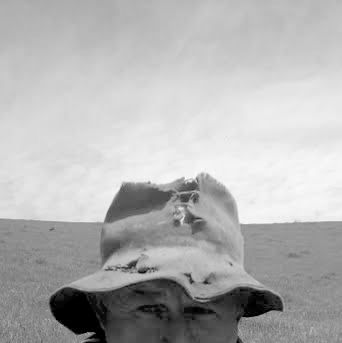AI forecasts programmed
 Queensland researchers are working on AI weather forecasting for smart farms.
Queensland researchers are working on AI weather forecasting for smart farms.
“Every farmer would love to have a perfect weather forecast, but accurate forecasts are even more important to those who are embracing technology, and in particular the Internet of Things (IoT),” says Dr Eric Wang from James Cook University (JCU).
“In farming, the Internet of Things involves smart devices that talk to each other, to make recommendations such as when, where and how much to irrigate.
“That decision requires a lot of information, such as the needs of the particular crop, the current stage of its development, soil moisture and of course the weather.
“We’ve been looking for ways to go beyond the standard weather predictions, such as the Bureau of Meteorology’s (BOM) seven-day forecast, to help farmers and their smart systems decide whether they need to irrigate today.”
A JCU research team has devised a hybrid system that shows real promise in improving the precision of rainfall forecasts.
Forecasters apply expert judgement and experience to their task, as well has highly complex maths and computer models.
Rather than trying to reinvent the wheel, the team searched for a way to determine the best forecast of those provided by the climate models in the week leading up to the day in question.
They did this by teaching an artificial neural network to understand the relationships underlying all the data, to choose the best forecast.
First, a probability-based network evaluates multiple forecasts for different rainfall patterns. Then a deep-learning neural network reprocesses the forecasts to produce a better prediction for the next day.
The neural network is able to examine the relationships between massive amounts of input data, processes it through many network layers, and learns from the mistakes made in earlier forecasts.
“We believe this model is the first to bring together the climate models, a probability network and a deep-learning neural network. Our next task will be to work on the other question every farmer has – if it’s going to rain tomorrow, how much are we likely to we get?” Dr Wang said.








 Print
Print